
Sharks have been living in our oceans for millions of years, surviving major climate changes like periods of glaciation and warmth. But the drastic changes they are facing now are unlike anything they’ve experienced before. Recently, an international research team led by palaeobiologist Manuel A. Staggl from the University of Vienna investigated the impacts of global warming on cartilaginous fish, including sharks and rays.
450 Million Years
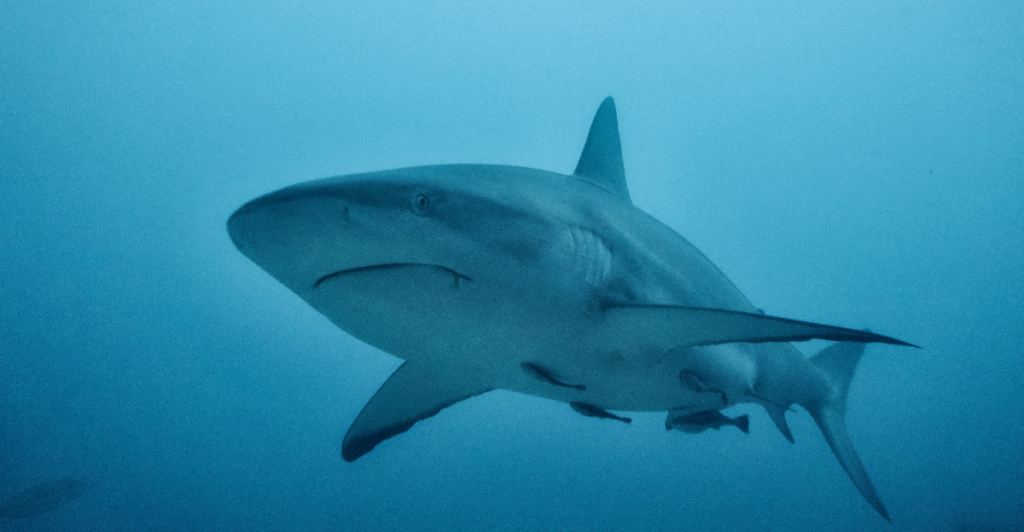
So far, the Earth has experienced five mass extinctions, and cartilaginous fish have somehow survived all of them. Creatures like sharks and rays have been living in our oceans for over 450 million years, but today, over one-third of these species are seriously threatened because of over-exploitation and habitat destruction.
Why Are Sharks So Important?
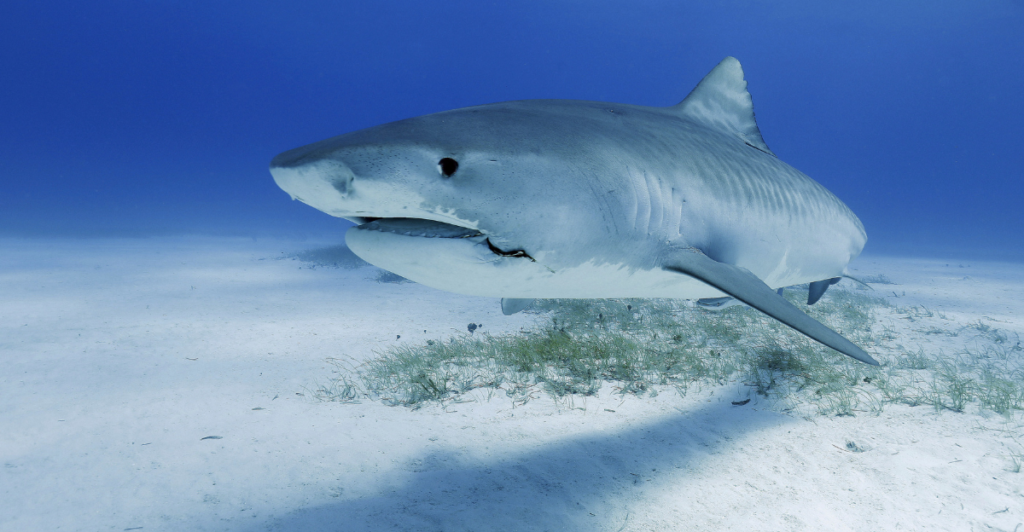
Sharks play a very important role in maintaining the health of our oceans by keeping marine ecosystems balanced. They are apex predators that regulate the populations of prey species, preventing them from overpopulating and disrupting food chains.
Controlling Populations

By controlling their populations, sharks prevent these species from overgrazing on important habitats like seagrass beds and coral reefs. By controlling the numbers of fish and marine species, sharks ensure biodiversity and the stability of ocean ecosystems.
The Health Of The Ocean
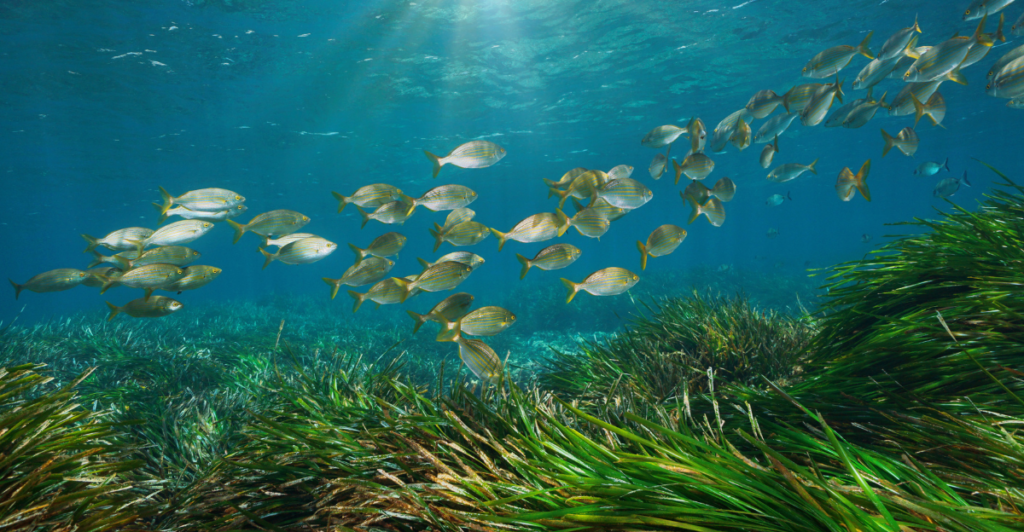
They also help maintain the health of the ocean by targeting weak, sick, or injured individuals. This natural selection process strengthens prey populations by allowing only the fittest individuals to reproduce, leading to more resilient marine life. Some shark species also scavenge, preventing the spread of disease by consuming dead or dying animals.
Benefitting Industries

Sharks also benefit industries that rely on the ocean, like fisheries and tourism. By contributing to the balance of coral reefs and seagrass beds, they provide habitats for countless marine creatures. Without sharks, these ecosystems could collapse, leading to negative consequences for the planet and human livelihoods.
Unexpected
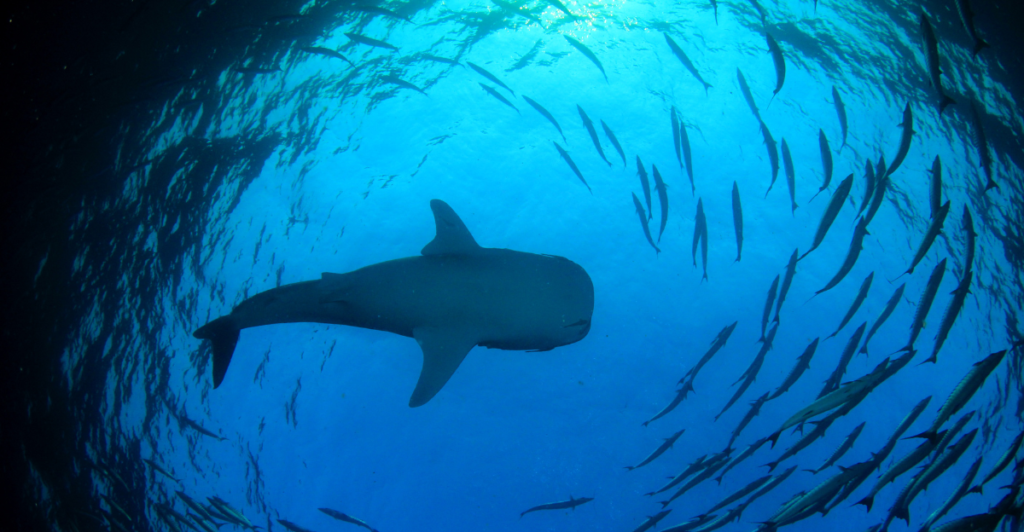
Having discussed sharks’ importance for marine ecosystems, we can be grateful that a recent study has found that shark populations might boom thanks to something very unexpected. The study, published in the scientific journal Biology, found that higher temperatures and more shallow water areas positively affect these gorgeous creatures.
A Positive Impact
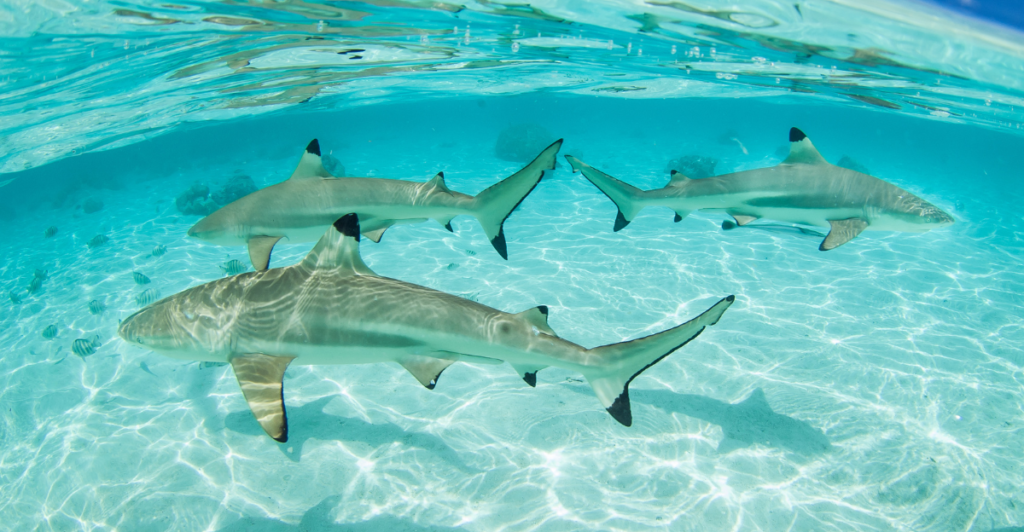
That’s right, current global warming could have a positive impact on sharks! In the past, it was found that rising sea levels and high temperatures were beneficial for sharks’ biodiversity because of the increase in shallow coastal water, as well as the global expansion of warm waters which offer stable conditions all year round.
Biodiversity Hotspots

The increase in sea levels seemed to play a particularly significant role. “The resulting habitats in shallow seas that cover large continental areas are real biodiversity hotspots; sharks and rays were able to colonize them very quickly and efficiently thanks to their adaptability,” Staggl, a palaeobiologist from the University of Vienna, explained.
More Stable And Complex
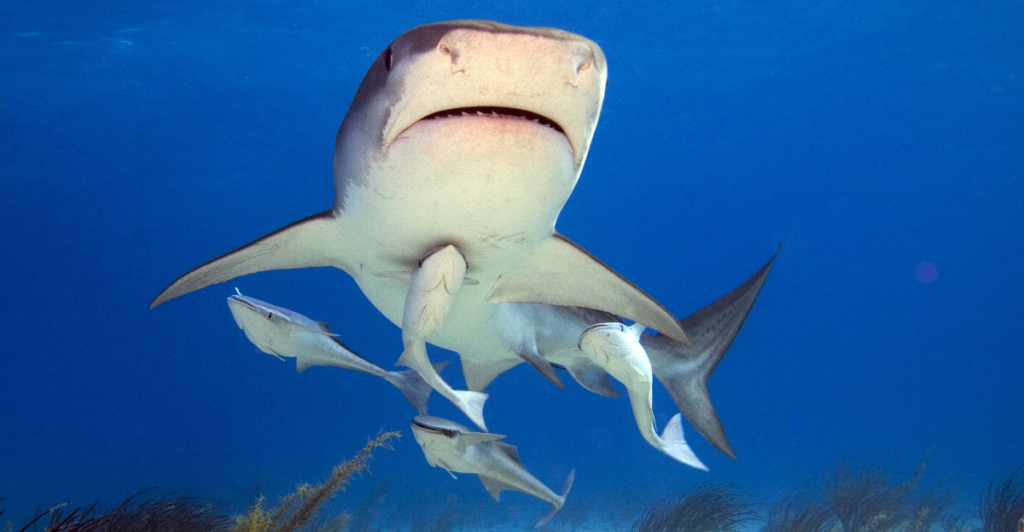
In the study, it was found that during the Jurassic and Cretaceous periods, significantly warmer temperatures allowed the tropics and subtropics to extend further north and south. Without distinct seasons, ecosystems became more stable and complex, and a greater diversity of species was able to develop. But can this happen again?
Higher CO2 Levels
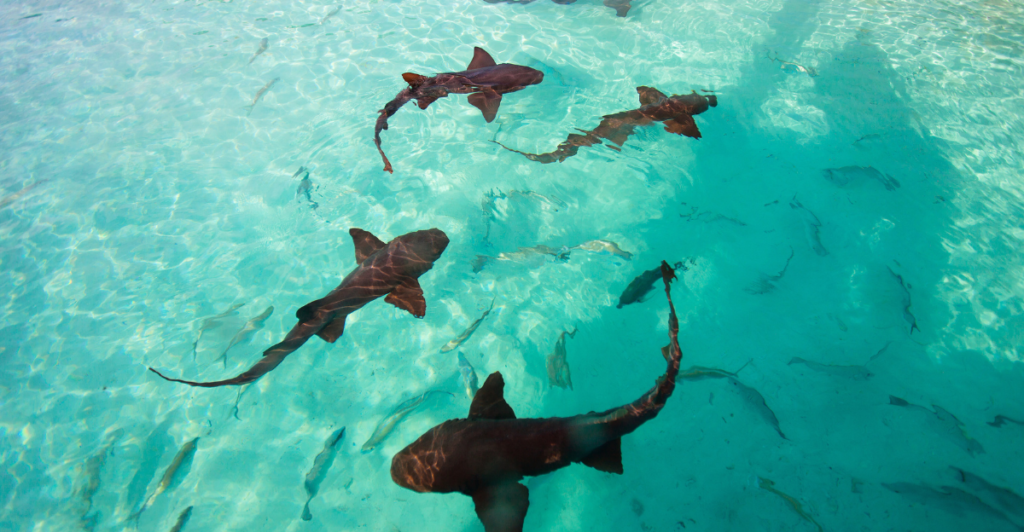
Unfortunately, the higher CO2 levels we are experiencing today have an apparent negative effect. The study found that overfishing, habitat loss and the rise in CO2 levels in the oceans make it unlikely that these creatures will benefit greatly from global warming.
The Environment Is Changing Too Quickly

“The environment is currently changing particularly quickly, unfortunately, probably too quickly for the animals and their ecosystems,” Staggl said. Therefore, it is important to reduce environmental pressure on sharks, and urgent measures need to be taken to protect them.
Preserving Entire Ecosystems
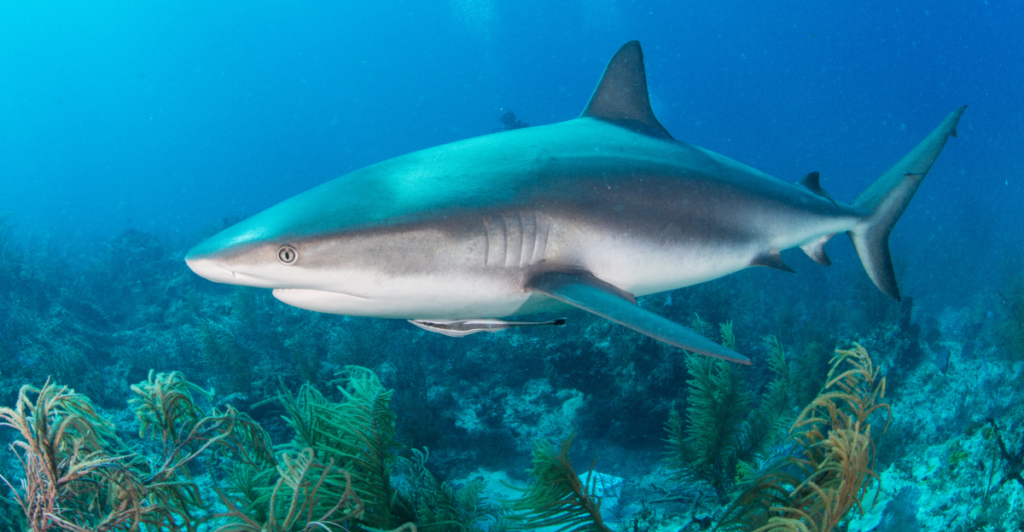
This is not just about protecting sharks and rays but also about preserving entire ecosystems. “Because without the top predators, the ecosystems would collapse,” says Jürgen Kriwet, a professor of palaeobiology at the University of Vienna. “By protecting sharks and rays, we are investing directly in the health of our oceans and therefore also in the people and industries that benefit from these ecosystems.”
Discover more of our trending stories and follow us to keep them appearing in your feed

The War on Cows Is Over—And Green Extremists Have Lost
Concerns Mount as Largest Dolphin Pod Ever Recorded Headed For California
California Is Breaking Apart: A Fault Line Is Forming Faster Than Anyone Predicted
Philanthropist Promises To Cover $771.23M Annually After US Exit From Climate Accords
References:
Reference 1
Reference 2
Reference 3
This article first appeared here
Stay connected with us for more stories like this! Follow us to get the latest updates or hit the Follow button at the top of this article, and let us know what you think by leaving your feedback below. We’d love to hear from you!







